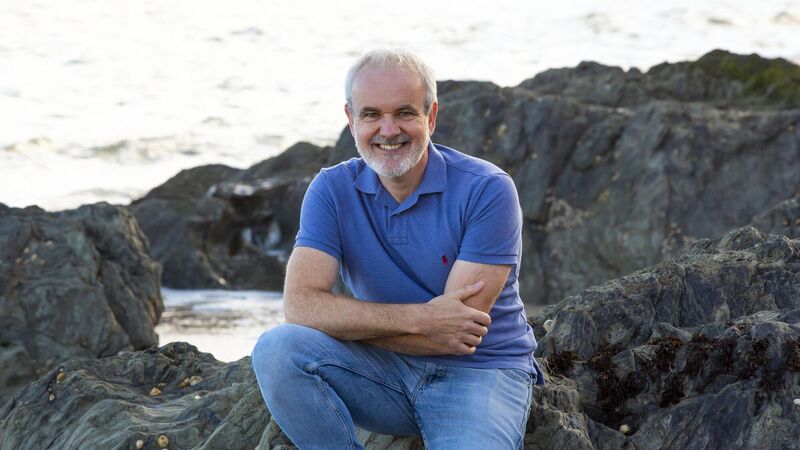From fear to freedom: This is my story of coming out in Ireland

Colm O’Gorman in Cronellard, County Wexford. He says his 'coming out journey' began in 1984 — a time when homosexuality was still illegal in Ireland. Picture: Mary Browne
Colm O’Gorman was 17 when he ran away from home and took the bus to Dublin. After years of abuse by a priest in Wexford, he’d had enough. For six months he wandered the streets of the capital, grappling not only with the abuse, but with who he was.
“The only feelings I had around sex and sexuality were ones of fear and shame and they all related to those experiences of being abused,” says the 58-year-old human-rights campaigner.







